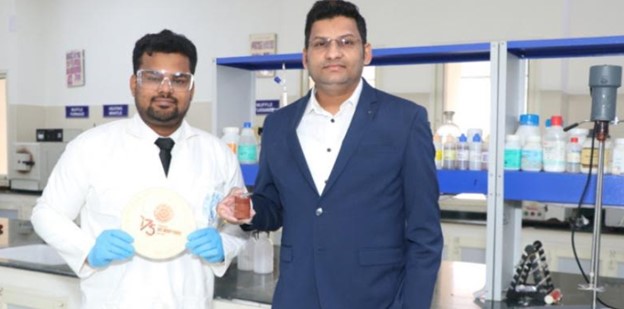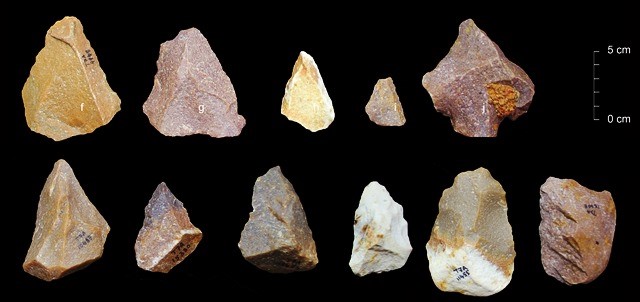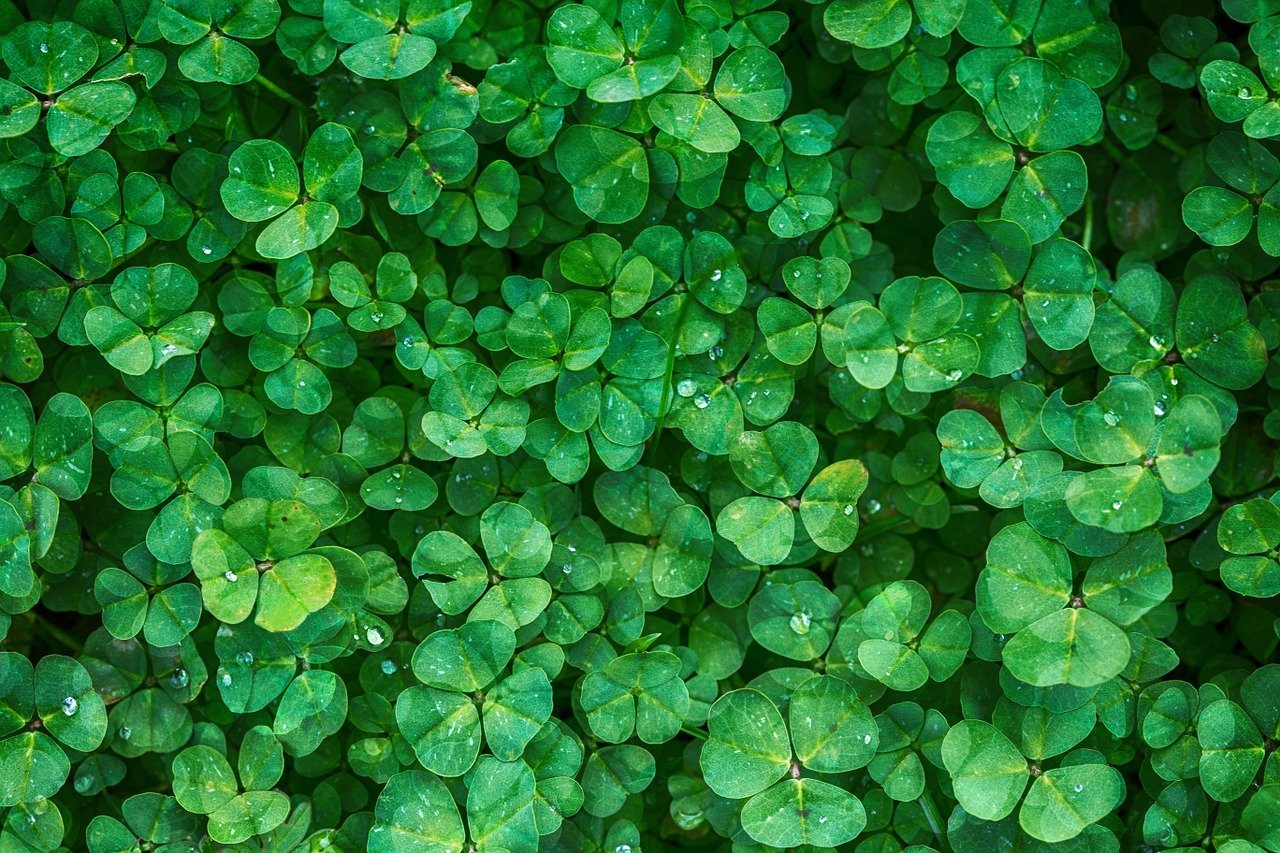India has banned the manufacture, sale, and use of identified single-use plastic items like plates, cups, straws, trays, polystyrene, and plastic carry bags from 1 July 2022. As an alternative, cotton, jute, or paper bags are being used for carrying groceries or pre-cooked food items. Often, these items are carried in paper bags made of recycled newspaper. The ink in printing the newspaper can potentially harm the items in contact, posing health hazards.
Dr. Kritiraj K. Gaikwad and Lokam Hakim of IIT Roorkee’s Department of Paper Technology have developed a plant-based edible ink having all the ingredients that can be safely used for a wide range of printing and packaging applications.
Screen printing is a process in which a layer of ink is directly deposited on the surface of the item/substrate. Commercial printing inks used in the process have harmful components, pungent smells, and other problems like toxicity, set-off, gas-phase transfer, ink migration, biodegradability, etc.
“Catechu (kattha) is the main component of our edible ink, and we have evaluated the coloring properties of catechu. We have optimized the recipe of the environment-friendly/edible ink, its preparation procedure, and amounts of additive used and have developed this ink for screen printing applications on food and non-food substrates. Surface morphology, chemical interaction, mechanical, and color properties have also been studied,” says Dr Gaikwad.
Printing inks are traditionally made from a combination of chemical components such as colorant, binder, color enhancer, and solvent. Many of these chemicals cause health and environmental hazards. The edible ink will help address such risks.
“The edible ink can be used for novelty baked goods such as photograph cakes, cupcakes, cookies, edible plates, cups, coating on fruits, printing on edible films, printing on eggs, printing on paper or paper-based products and an alternative of striker on fruits and vegetables,” notes Dr Gaikwad.
According to the researchers, edible ink has many properties that support sustainability. For example, it uses natural components; it is non-toxic; it is water-soluble and biodegradable; it has antimicrobial, antioxidant, and medicinal properties, etc.
For their experiment, the researchers boiled catechu wood chips at elevated temperatures, and the boiled liquid was filtered through centrifugation. The filtered liquid was evaporated with the help of a hot air oven, and this high concertation of coloured liquid was then refrigerated and turned into powder using a fridge dryer.
“The powder was mixed with distilled water, and color enhancer and binder were added. The particle size of the prepared ink was reduced with the help of a ball milling machine. The ink was then used immediately through screen printing,” explains Dr Gaikwad.
The ink used in commercial packaging and printing may contaminate the food item by migration of the components. Stickers on fruits and vegetables may contain toxic surfactants and may permeate through the skin of the fruits and vegetables. The edible ink developed by the team can be safely used not only in food packaging but also for baked goods, in 3D printing, and even paper substrates such as newspapers, office paper, stationery printing, etc., says the IIT Roorkee statement. (ISW)
If you liked this article, then please subscribe to our YouTube Channel for the latest Science & Tech news. You can also find us on Twitter & Facebook



